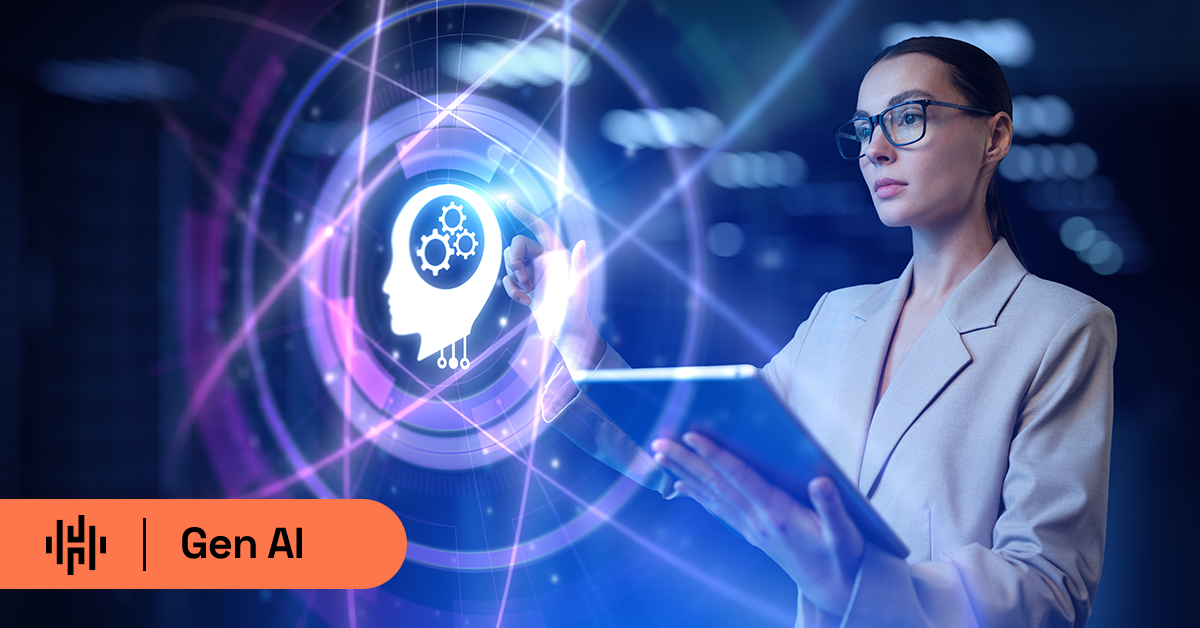Artificial intelligence continues to evolve at a rapid speed. Generative AI caught the attention of the world, and technology will only continue to progress at a faster and faster rate. However, the fundamental building blocks of data quality, business understandings, and human curiosity outlined in this series will continue to apply to new and emerging technologies, including—you guessed it: the Quantum revolution in AI and machine learning.

Going Quantum with IBM
Quantum computing is an example of a technology on the horizon that will once again change the way we interact with data and information. Quantum computing has been in the spotlight due to recent developments in processing power, production feasibility, and computational accuracy. Among the most notable is IBM Quantum Hero, IBM’s state of the art quantum chip available in IBM‘s global quantum data centers.
Quantum computing leverages the unique qualities of quantum mechanics to solve problems far more advanced than even today’s most powerful classical computers. Quantum computers use quantum bits (qubits) which can exist in multiple states simultaneously. This allows for parallel calculations on a massive scale, unlike the binary 0 or 1 states of classical bits. These qubits enable quantum computers to examine many potential solutions at once leading rather than sequentially. As a result, quantum computers can outperform current super computers by a factor of 100 Millions in certain computational problems.
What Quantum Means for AI
In addition to increased computational power, quantum computers also allow for quantum machine learning.
Quantum machine learning has two key benefits over traditional machine learning: ability to learn using smaller data sets for increased efficiency and stronger pattern detection to reveal more correlations.
This helps create more powerful machine learning models which can drive better business decisions.

Quantum Applications for Industry Data Leaders
This new age of quantum computers opens the door to answering novel, advanced questions. Questions that are currently out of reach with today’s computer and AI limitations. Some examples by industry include:
- Financial Services: Lowered risk profile by removing current Monte Carlo simulation computational limitations.
- Healthcare: Faster development of molecular structures in biopharmaceuticals by making drug design less dependent on trial and error.
- Supply Chain: Improve the accuracy of demand forecasting and warehouse logistics across the value chain.
This new world driven by quantum computers will only be as powerful as the data available. The expression, “Garbage in, garbage out” will continue to apply. Even in a quantum world. Knowing what data is currently collected, where it is located, and what is still needed to answer these new questions is vital. Thinking about what an organization and industry are trying to accomplish, and how technology can contribute to the success of that goal will be more and more important.

Getting Ahead of the Quantum Curveball with Hakkōda
Quantum is another example of a technology revolution, but not the only exciting technological change coming in the future. The true value of these new technologies will be focused on the data and information available for consumption. If you are not able to prepare, centralize, and understand your data you will not be able to maximize the value of new technologies.
Start early, and find the experts who can help build a foundation for innovation. Let’s talk today.





